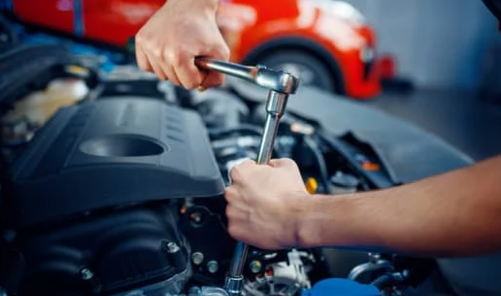MOTs are a familiar concept to most UK motorists, as it is a legal requirement for vehicles aged three years or older. Although many drivers are aware of the test’s basic requirements, there are lesser-known aspects that merit further attention. Read on to find out more about MOT tests today.
Firstly, if your vehicle fails its initial MOT test, you are allowed a period of 10 working days to rectify the issues and present the vehicle for a re-test. Depending on the extent of the repairs and the testing station’s policies, your vehicle may be eligible for a partial re-test, either free or offered at a reduced fee.

Many people don’t realise that a partial re-test focuses only on the faults identified in the initial assessment. To qualify, you must have the repairs carried out by the same testing centre. The electric vehicle must be returned to the original testing centre before the 10-day deadline if completed elsewhere.
Many motorists are under the impression that there is a grace period after their MOT expiry date. However, no such grace period exists. Driving without a valid MOT certificate can result in a fine of up to £1,000 and may invalidate your auto insurance policy. It is advisable to book your MOT test well in advance to avoid such penalties.
Furthermore, contrary to popular belief, you can schedule your MOT test up to one month (minus a day) before your current certificate expires without impacting the expiry date on your new certificate. This flexibility allows you to ensure your vehicle is tested well within the deadline, minimising the risk of driving without a valid MOT certificate. In fact, you can book your MOT appointment in London by visiting Elite Direct today. Why delay when you could get your test arranged without shortening the period your last test will be valid for?

Another lesser-known issue comes from modifying your vehicle. Anything from altering the suspension to adapting the exhaust system may have implications for your MOT test. These changes may affect the vehicle’s emissions, noise levels or other aspects assessed during the test. It is crucial to inform your MOT testing centre of any modifications to ensure they are considered during the evaluation.
Finally, while most vehicles over three years old require an annual MOT test, certain vehicles are exempt. These include vehicles primarily used off-road and classic cars aged 40 years or older. So long as they have not undergone substantial modifications, they will likely be exempt.





































